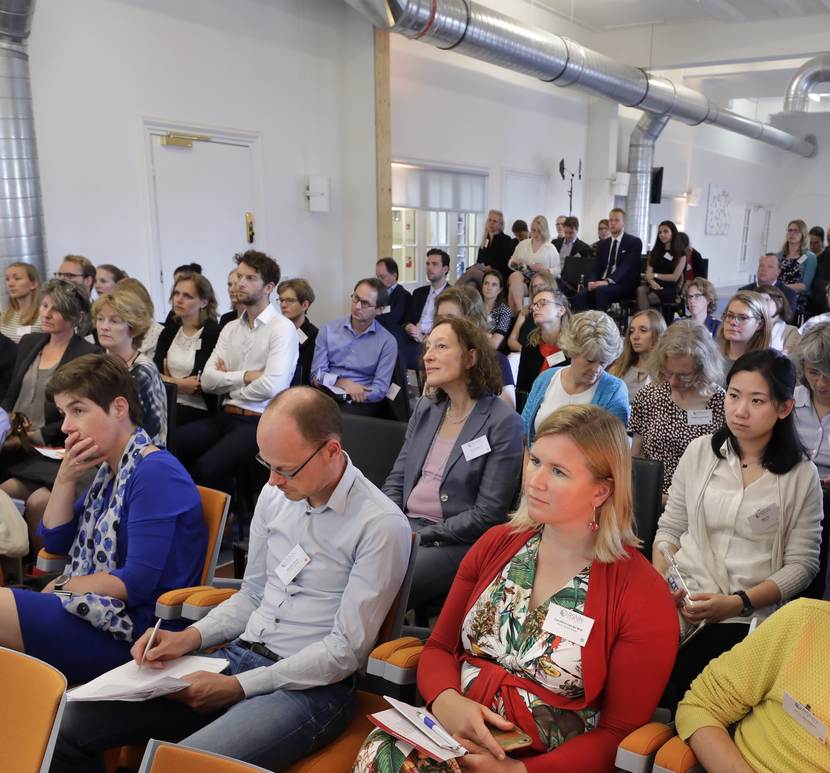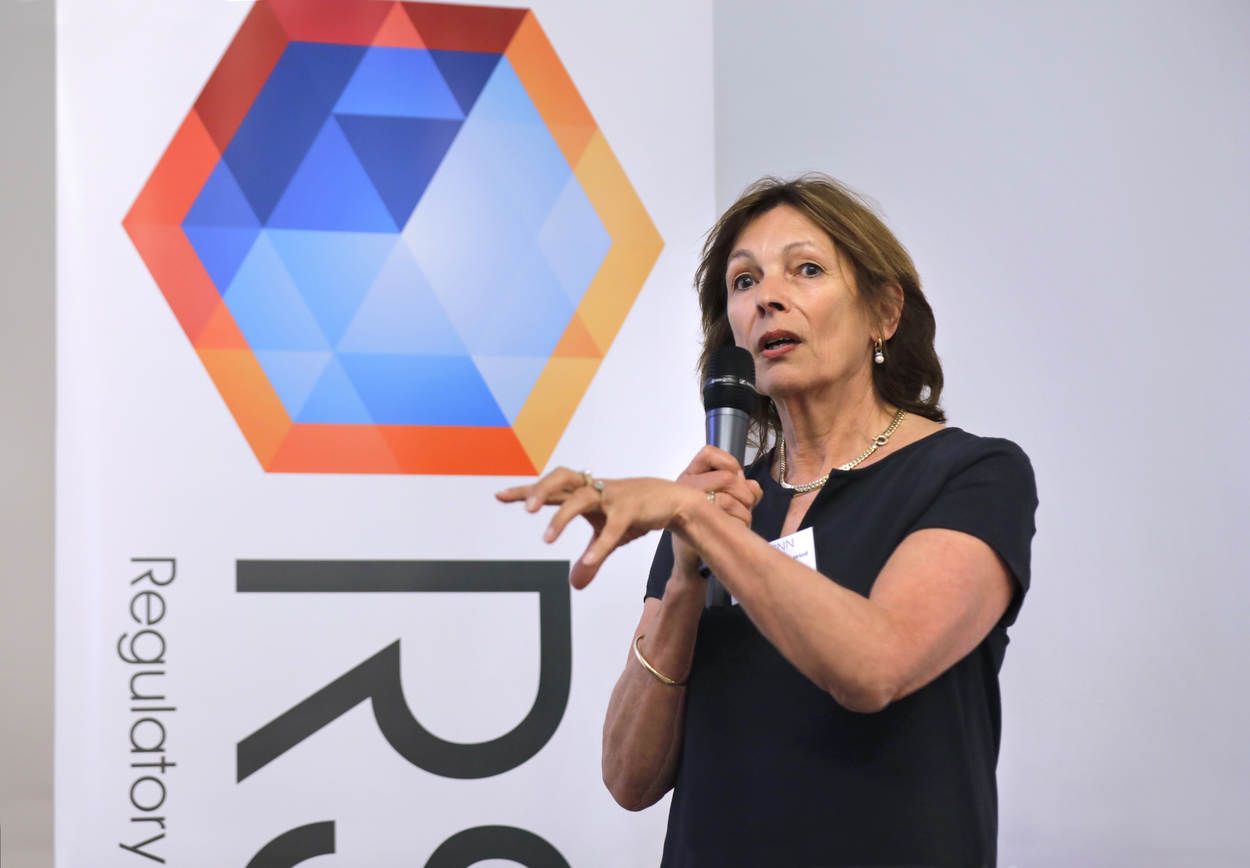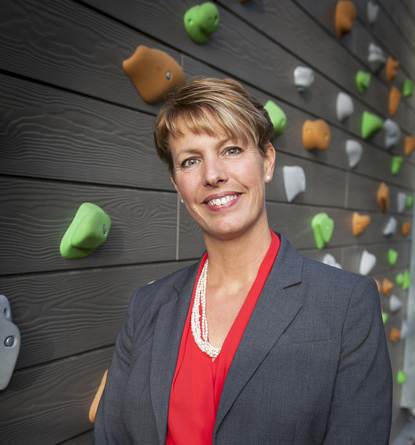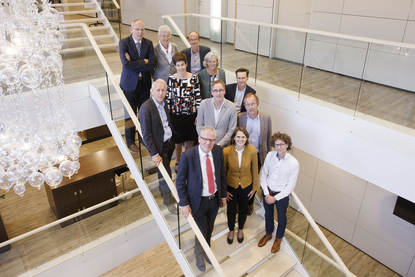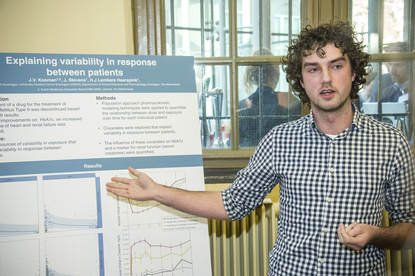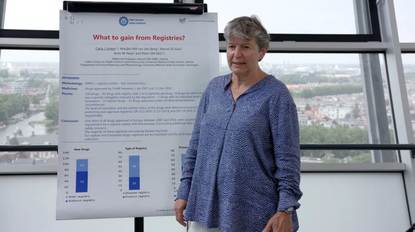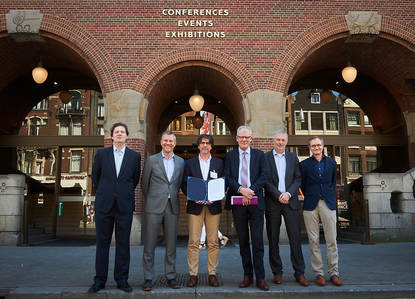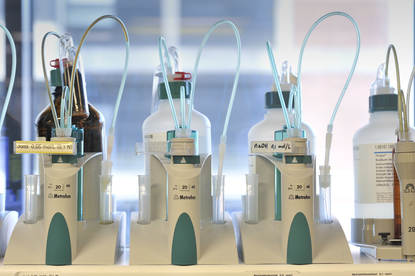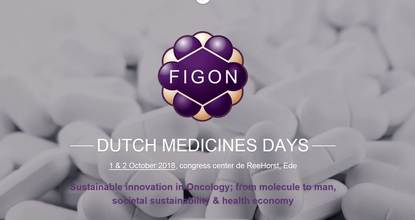Text Christine Gispen-de Wied together with Appletree Medical Writing
Photo FNP
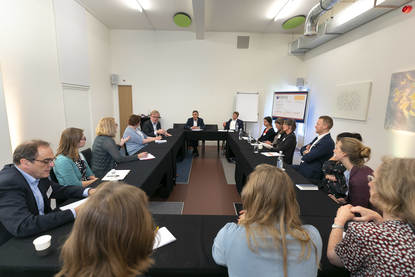
RSNN Workshop 2018
The Regulatory Science Network Netherlands (Rsnn) is a platform for information, sharing of knowledge and discussion for patients, academia, pharma-industry and regulatory groups. For the third year in a row the Network has organised a workshop, and this year its focus was on the function of the SmPC (summary of product characteristics). Key questions of the workshop held on June 20th 2018 were: Who is the owner of this so-called ‘label’? What is its role? Who is responsible for the development and updating-process? What kind of information must be included (or added) and which not? In other words: What should be done to maintain a meaningful label?
The workshop started with five presentations that addressed these questions from different perspectives: the need for reliable and up-to-date patient information, the legal status of the SmPC, its place in research, its interest for industry, and its relationship with ‘real-world-evidence’.
The SmPC should therefore be reliable and up-to-date with respect to the safety and efficacy of the product itself, and not just its application and use in daily practice.
At the start of the workshop, the central question was around the incorporation of new knowledge and real-world evidence into the SmPC after product approval and its entry to the market. But during the break-out sessions and after plenary discussion, the central question had shifted towards the more fundamental question: ‘What is the place and role of the SmPC?’
The SmPC is recognised as an essential document that is important in getting a medical product registered and on the market. In this respect, the SmPC is a crucial document for the pharmaceutical industry. It is also the basis for liability questions and an important source for documents such as patient information leaflets. It should therefore be reliable and up-to-date with respect to the safety and efficacy of the product itself, and not just its application and use in daily practice.
Several workshop participants, rightfully so, made it clear that the latter aspects, in relation to and interplay with other medical interventions, are currently specified in professional guidelines by medical professionals. One of the key outcomes of the workshop was therefore that reliable and actual patient information should be based on professional guidelines with respect to treatment (options) at one end, and on the SmPC with respect to product safety information itself at the other end. This means that both the stakeholders involved in the development and maintenance of the SmPC and the professional guidelines should interact with each other and influence each other in an optimal way. How and where this relationship can be improved are useful questions for further research in the field of regulatory science.
In the workshops, another prominent discussion point was the need to update the SmPC with real-world data and data from academic institutions. The who, when, and how were not clear and there was a call to follow this up, for example, by setting up a project or study in this area.
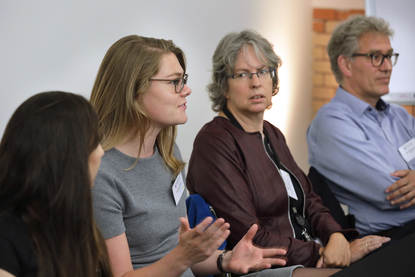

At the traditional network dinner, the role of the patient as a stakeholder in drug development and decision making was highlighted. Hans Büller introduced his innovative drug development model as the basis for Fair Medicine. By taking a multi-stakeholder approach where investment is shared, Fair Medicine includes, beyond academics and industry partners, the patient as a stakeholder from beginning to end. Marie Elske Gispen addressed the importance of a human rights perspective in defining the role of the patient in benefit/risk assessment and decision. In her view the MEB and EMA have the patient on board, but these governmental bodies could further strengthen the position of the patient by clearly defining his/her rights and obligations and also by building the empowerment of this ‘new' stakeholder.
Again, all in all, the workshop and the inspiring dinner speeches provided enough food for thought and the formulation of research questions. But this was not all. Participants also appreciated the opportunity to interact with others in a multidisciplinary setting and hearing/sharing several refreshing points of view.
